Contents
Guide
GAMBLING WITH OTHER PEOPLES MONEY
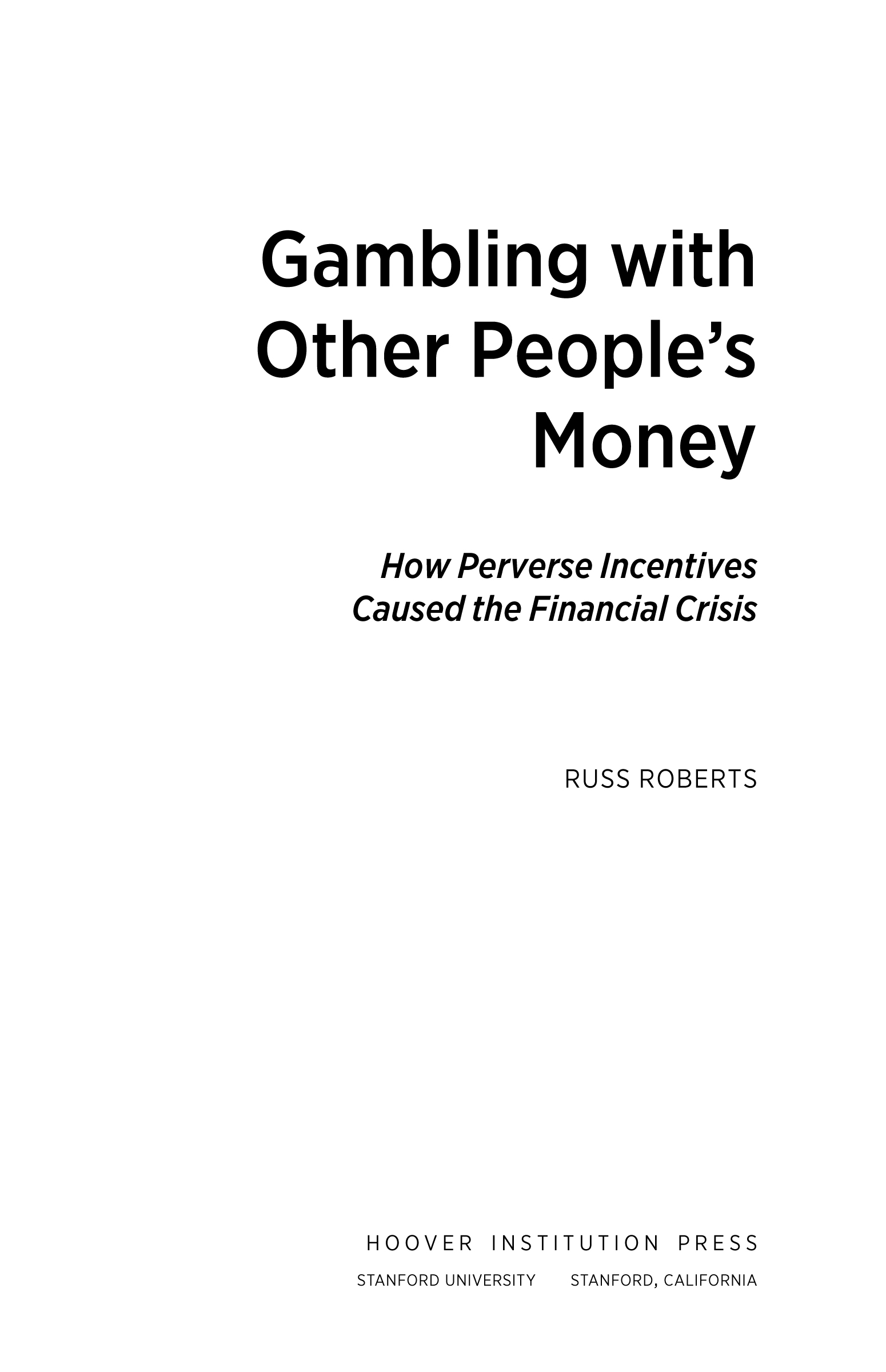
 With its eminent scholars and world-renowned library and archives, the Hoover Institution seeks to improve the human condition by advancing ideas that promote economic opportunity and prosperity, while securing and safeguarding peace for America and all mankind. The views expressed in its publications are entirely those of the authors and do not necessarily reflect the views of the staff, officers, or Board of Overseers of the Hoover Institution.
With its eminent scholars and world-renowned library and archives, the Hoover Institution seeks to improve the human condition by advancing ideas that promote economic opportunity and prosperity, while securing and safeguarding peace for America and all mankind. The views expressed in its publications are entirely those of the authors and do not necessarily reflect the views of the staff, officers, or Board of Overseers of the Hoover Institution.
www.hoover.org
Hoover Institution Press Publication No. 692
Hoover Institution at Leland Stanford Junior University,
Stanford, California 94305-6003
Copyright 2019 by the Board of Trustees of the Leland Stanford Junior University
Copyright 2010 by Mercatus Center
All rights reserved. No part of this publication may be reproduced, stored in a retrieval system, or transmitted in any form or by any means, electronic, mechanical, photocopying, recording, or otherwise, without written permission of the publisher and copyright holders.
For permission to reuse material fromGambling with Other Peoples Money: How Perverse Incentives Caused the Financial Crisis, ISBN 978-0-8179-2185-9, please accesswww.copyright.comor contact the Copyright Clearance Center, Inc. (CCC), 222 Rosewood Drive, Danvers, MA 01923, 978-750-8400. CCC is a not-for-profit organization that provides licenses and registration for a variety of uses.
Hoover Institution Press assumes no responsibility for the persistence or accuracy of URLs for external or third-party Internet websites referred to in this publication, and does not guarantee that any content on such websites is, or will remain, accurate or appropriate.
Cataloging-in-Publication Data is available from the Library of Congress.
ISBN: 978-0-8179-2185-9 (pbk. : alk. paper)
ISBN: 978-0-8179-2186-6 (epub)
ISBN: 978-0-8179-2187-3 (mobi)
ISBN: 978-0-8179-2188-0 (PDF)
CONTENTS
Someday you guys are going to have to tell me how we ended up with a system like this. I know this is not the time to test them and put them through failure, but were not doing something right if were stuck with these miserable choices.
President George W. Bush, talking to Ben Bernanke and Hank Paulson when told it was necessary to bail out AIG
The curious task of economics is to demonstrate to men how little they really know about what they imagine they can design.
F. A. Hayek, The Fatal Conceit
James Stewart, Eight Days,New Yorker, September 21, 2009; F. A. Hayek,The Fatal Conceit: The Errors of Socialism, ed. W. W. Bartley III (Chicago: University of Chicago Press, 1988), 76.
ACKNOWLEDGMENTS
My understanding of the issues in this book was greatly enhanced and influenced by numerous conversations with Sam Eddins, Dino Falaschetti, Arnold Kling, and Paul Romer. I am grateful to them for their time and patience. I also wish to thank Mark Adelson, Karl Case, Guy Cecala, William Cohan, Stephan Cost, Amy Fontinelle, Zev Fredman, Paul Glashofer, David Gould, Daniel Gressel, Heather Hambleton, Avi Hofman, Brian Hooks, Ed Pinto, Rob Raffety, Daniel Rebibo, Gary Stern, John Taylor, Jeffrey Weiss, and Jennifer Zambone for their comments and helpful conversations on various aspects of financial and monetary policy. I received helpful feedback from presentations to the Hoover Institutions Working Group on Global Markets, George Mason Universitys Department of Economics, and the Mercatus Centers Financial Markets Working Group. I am grateful for research assistance from Benjamin Klutsey and Ryan Langrill. None of the above bears any responsibility for any errors in this book.
PREFACE TO THE 2019 EDITION
T he Financial Crisis of 2008 has spawned thousands of pages about what caused the worst economic events since the Great Depression. Most explanations blame the crisis on either government regulation or government deregulation. Either government forced private sector banks and financial institutions to extend credit to risky borrowers or the removal of government oversight allowed greed to run amok via risky loans, corrupted credit ratings, and complex mortgage-backed securities and derivatives that were poorly understood.
I find these stories fundamentally unsatisfying. Yes, government forced banks to extend mortgages to home-buyers who normally would not have qualified for a mortgage. But banks seemed eager to make these loans, including financial institutions who were not facing government mandates. Yes, government reduced oversight which allowed banks to make increasingly risky loans. But why would banks lend recklessly and put their survival at risk?
These narratives ignore how government bailouts in the decades preceding the crisis encouraged risky lending using borrowed money. While there has been deregulation, government is still heavily involved in financial markets. The problem is that government policy is only free-market when there are gains to be made. When there are losses, government policy is socialist, creating a safety net for some of the richest people in human history. The result is crony capitalism masquerading as the real thing.
At the heart of the story I tell in this book is a simple ideaif you dont think youre going to pay for your mistakes, youll make more of them.
I try to show how government policies caused investors to believe they would be protected from their mistakes. My claim is that governments treatment of financial institutions in the decades preceding the crisis distorted the natural feedback loops of profit and loss that balance risk-taking with prudence. The result was a lot more risk-taking and a lot less prudence. Most of the players felt they had little skin in the game. In almost all cases, the bailouts came as expected, confirming the feeling that risk was low.
By removing the downside risk, especially for creditorsinvestors who lend money expecting a fixed amount of income in returngovernment policy allowed investors to use borrowed money rather than their own. As a result, many people were able to play with other peoples moneythe homeowners who financed their homes with little or nothing down, the mortgage companies who sold risky mortgages to others, the financial institutions that sold bundled mortgages to investors, and even the investors who bought those financial instruments. Ultimately, the only participant unable to place the risk of these activities onto someone else was the taxpayer. And even taxpayers were able to avoid some of the pain because government debt imposed those costs on future taxpayers.
It is tempting then, to blame Washington, not Wall Street for the mess that followed. Some so-called free-marketers defend bankers, arguing that they merely responded to the incentives created by public policy. But Wall Street is not a passive observer of the political scene or the regulatory environment. Wall Street executives sit on the board of the Federal Reserve, fund political campaigns, and chat on the phone with the secretary of the Treasury. Wall Street lobbied relentlessly for the incentives that they responded to. Yes, the financial sector responded to the rules of the game. But the financial sector helps write the rules of the game.


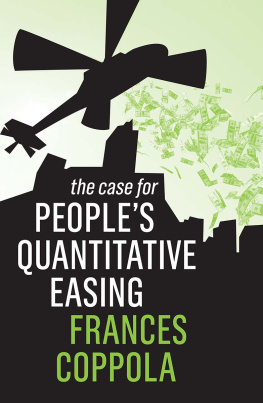
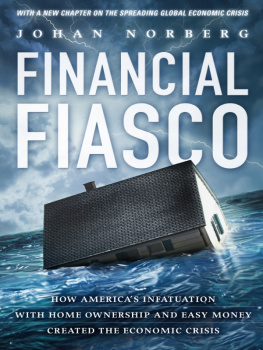
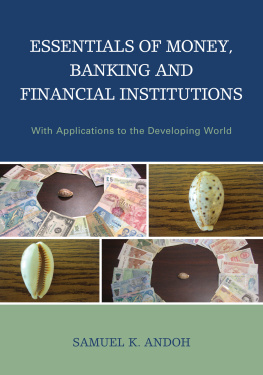
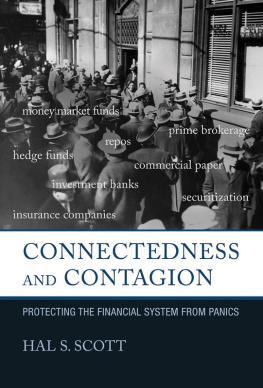
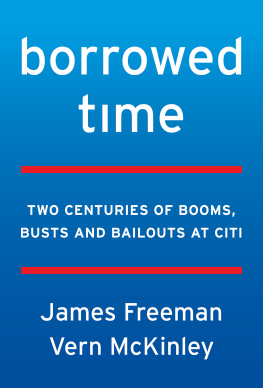
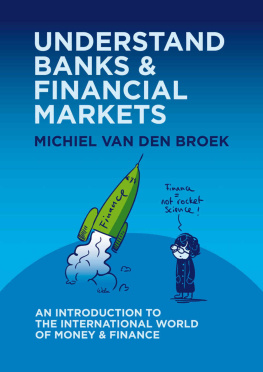

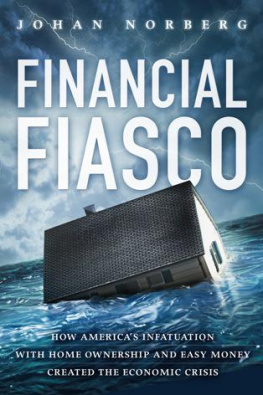
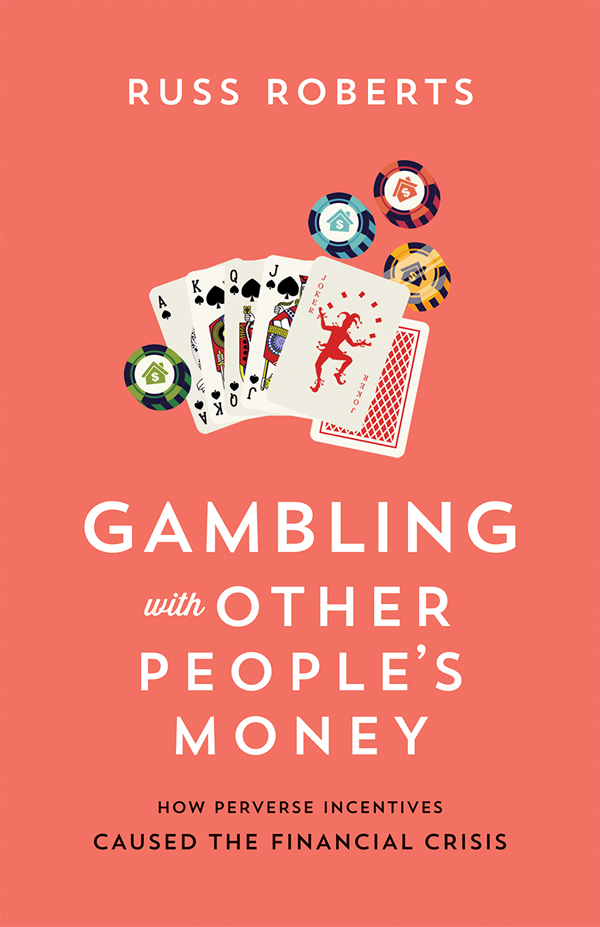

 With its eminent scholars and world-renowned library and archives, the Hoover Institution seeks to improve the human condition by advancing ideas that promote economic opportunity and prosperity, while securing and safeguarding peace for America and all mankind. The views expressed in its publications are entirely those of the authors and do not necessarily reflect the views of the staff, officers, or Board of Overseers of the Hoover Institution.
With its eminent scholars and world-renowned library and archives, the Hoover Institution seeks to improve the human condition by advancing ideas that promote economic opportunity and prosperity, while securing and safeguarding peace for America and all mankind. The views expressed in its publications are entirely those of the authors and do not necessarily reflect the views of the staff, officers, or Board of Overseers of the Hoover Institution.